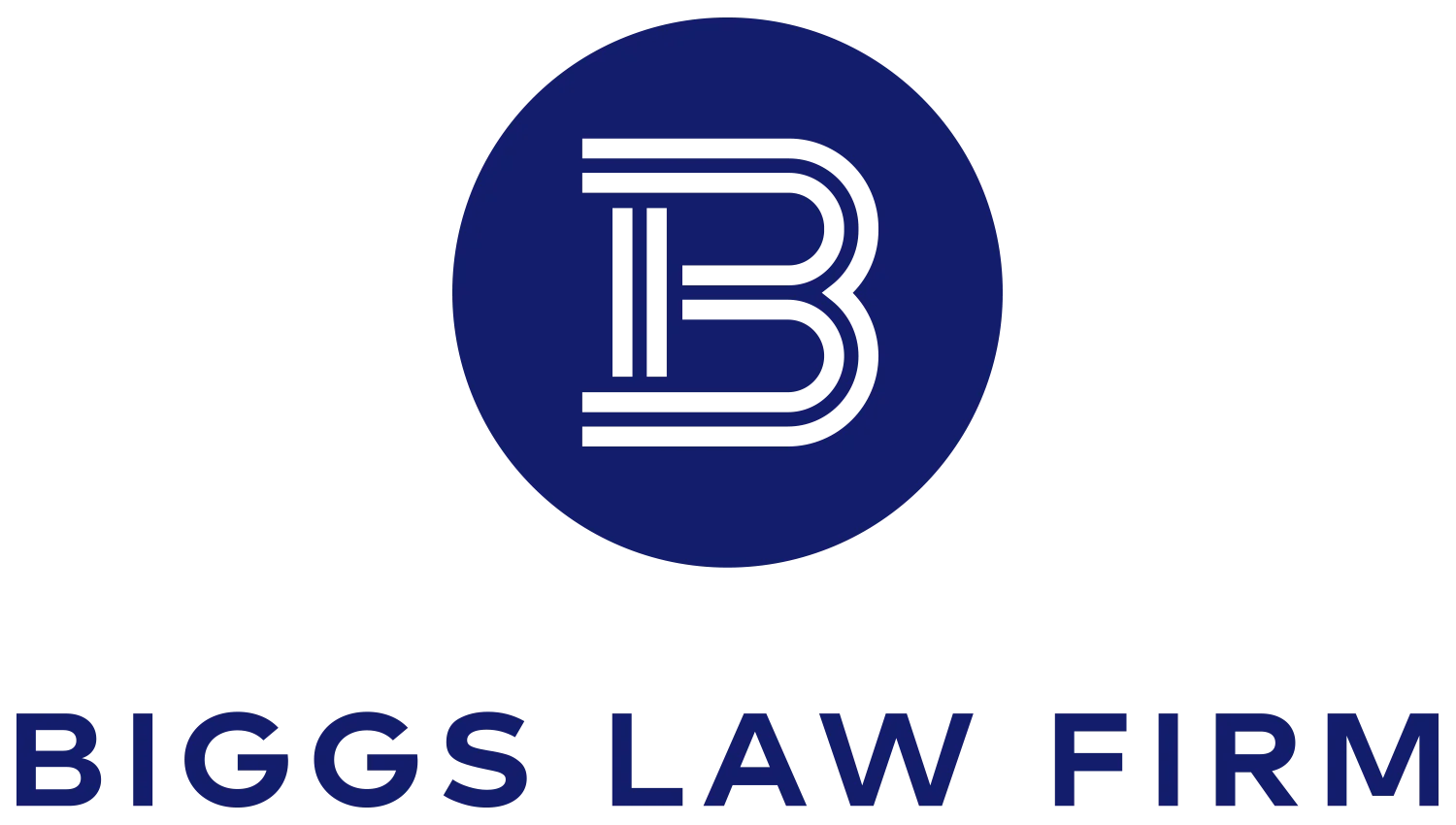Can My Business Continue Operating During Chapter 11 Bankruptcy?
When financial pressure mounts and your business faces overwhelming debt, the thought of bankruptcy can feel like the end of everything you’ve worked to build. Many business owners assume that filing for bankruptcy means closing their doors permanently. This common misconception prevents countless entrepreneurs from exploring what could be the very solution that saves their company.
Chapter 11 bankruptcy is specifically designed to help businesses continue operating while they reorganize their debts and develop a sustainable path forward.
At Biggs Law Firm, we’ve worked with numerous North Carolina business owners who discovered that Chapter 11 bankruptcy provided exactly the breathing room they needed to transform their struggling companies into thriving enterprises once again. Understanding how this process works can help you make an informed decision about your business’s future.
The Fundamental Purpose Of Chapter 11
Chapter 11 bankruptcy operates on a simple but powerful principle: businesses are often worth more as ongoing operations than they would be if liquidated and sold for parts. This form of bankruptcy protection recognizes that temporary financial difficulties don’t necessarily mean a business model is fundamentally flawed or that a company lacks potential for future success.
Unlike Chapter 7 bankruptcy, which involves liquidating assets to pay creditors, Chapter 11 allows businesses to continue their day-to-day operations while working through financial restructuring. The goal is reorganization rather than dissolution, giving companies the opportunity to address their debt problems while maintaining the relationships, contracts, and operational capacity that make them valuable.
This approach benefits not just business owners, but also employees, customers, suppliers, and the broader community. When a business successfully reorganizes through Chapter 11, jobs are preserved, customer relationships continue, and the economic value created by the company’s operations remains intact.
How The Automatic Stay Protects Ongoing Operations
One of the most immediate benefits of filing Chapter 11 bankruptcy is the automatic stay, a legal protection that goes into effect the moment your petition is filed. This stay prohibits creditors from pursuing collection activities, including lawsuits, garnishments, foreclosures, and repossessions. For businesses struggling with aggressive creditor actions, the automatic stay provides crucial breathing room.
The automatic stay allows your business to continue operating without the constant disruption of creditor harassment. You can focus on serving customers, managing employees, and running day-to-day operations rather than fielding calls from collection agencies or worrying about asset seizures. This stability is essential for maintaining business relationships and demonstrating to customers and suppliers that your company remains viable.
However, the automatic stay doesn’t eliminate your obligations entirely. You’ll still need to pay ongoing expenses that arise after filing, including employee wages, utility bills, rent, and costs for goods and services received during the bankruptcy process. These post-petition obligations receive priority treatment and must be paid to maintain your business operations.
The Role Of Debtor In Possession
When your business files Chapter 11 bankruptcy, it typically becomes a “debtor in possession,” meaning you retain control of business operations while working through the reorganization process. This arrangement allows experienced management to continue running the company rather than turning control over to a court-appointed trustee.
As debtor in possession, your business gains certain powers that can help with reorganization efforts. You can reject unfavorable contracts, sell assets that are no longer needed, and make other business decisions that support your reorganization goals. However, these powers come with responsibilities, including the duty to operate the business in the best interests of all stakeholders.
Some major business decisions during Chapter 11 require court approval, particularly those involving the sale of significant assets, changes to business operations outside the ordinary course, or other actions that could affect the reorganization process. Working with knowledgeable legal counsel helps ensure you understand which decisions require court approval and how to navigate these requirements effectively.
Developing Your Reorganization Plan
The ultimate goal of Chapter 11 is developing and implementing a reorganization plan that addresses your debt obligations while allowing your business to continue operating profitably. This plan becomes the roadmap for your company’s financial future and must be approved by creditors and the bankruptcy court.
Your reorganization plan will typically involve some combination of debt reduction, extended payment terms, asset sales, operational changes, or other modifications designed to make your business financially viable. The plan must demonstrate that your reorganized business can meet its ongoing obligations while providing reasonable recovery to creditors.
Successful reorganization plans often require difficult but necessary changes to business operations. This might include closing unprofitable locations, renegotiating leases or supplier contracts, reducing inventory levels, or implementing more efficient operational procedures. While these changes can be challenging, they’re often essential for creating a sustainable business model.
Biggs Law Firm Can Help Your Company Emerge Stronger
At Biggs Law Firm, we understand that every business facing financial difficulties has unique circumstances that require customized solutions. Our approach focuses on understanding your specific situation, identifying realistic options for addressing financial challenges, and developing strategies that support your business’s long-term success.
We work closely with business owners throughout Eastern North Carolina to navigate the Chapter 11 process while maintaining the operations that make their companies valuable.
Contact us today at (919) 375-8040 to discuss your situation and explore whether Chapter 11 reorganization could help your business continue operating while working toward long-term financial stability.
Start The Process Today
Schedule your consultation with one of our experienced attorneys.
